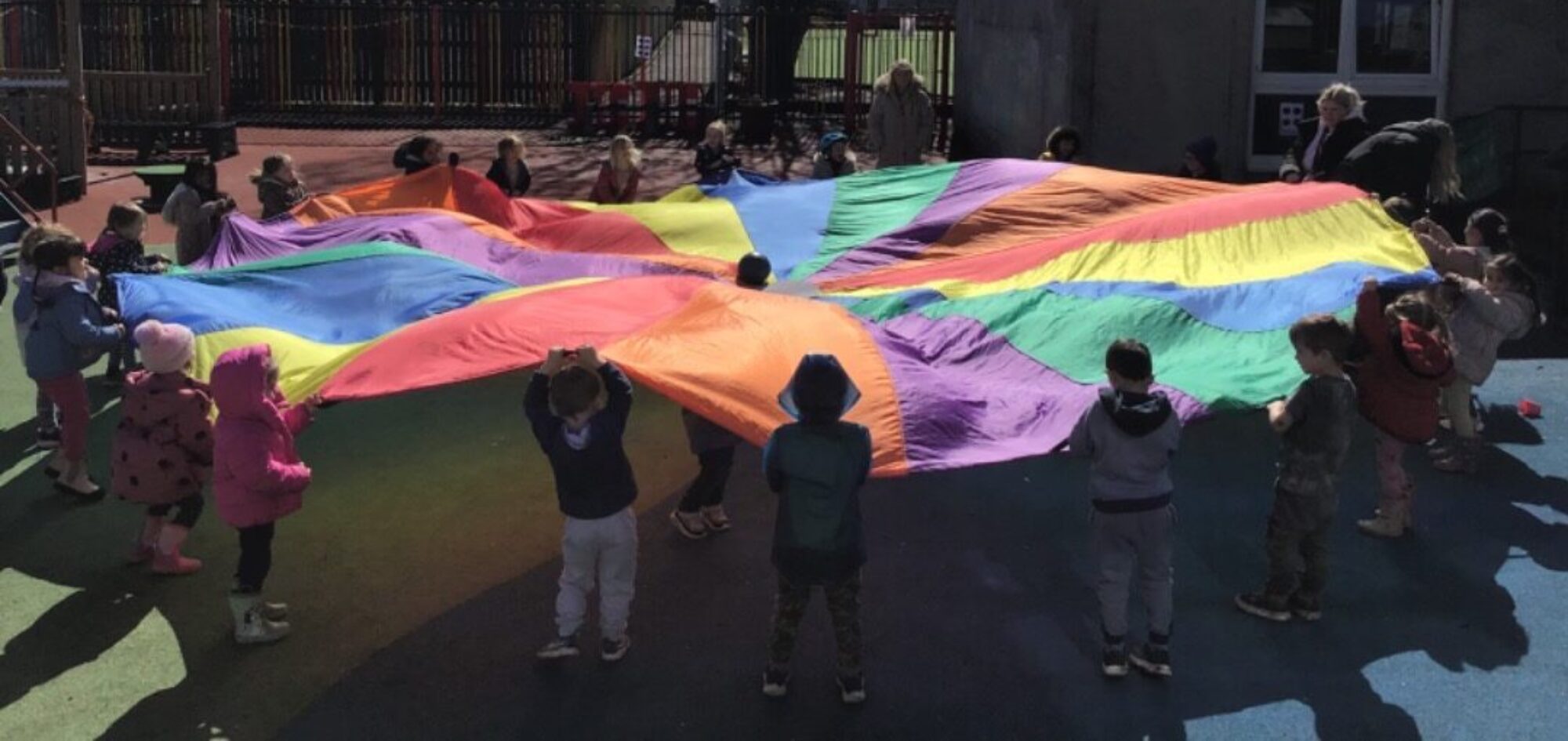What are Schemas?
When children repeat patterns of behaviour this is known as schematic play. Theorists and educationalists have identified many types of schemas that children will often display. Some children will never appear to be engaged in schematic play while others will have a predominant schema. When we understand these and what they may look like it is easier for us is able to recognise that these distinct patterns of behaviour are meaningful and accommodate opportunities for individual children. For example, children carrying all the bricks from one place to another in a bag; or the sand from the tray to the home corner or pushing a doll around in a pram. This repeated behaviour could be described as ‘transporting’, one of the examples of schematic play. A child’s schema will be evident across a range of different situations. It is important for grown ups to understand that a child is not being disruptive when engaged in schematic play but able to recognise this as early learning and help to support the child by offering opportunities to test out their thinking. – Realising the Ambition

Click on the link to view ‘Schemas – Learning through Play’– Education Scotland


